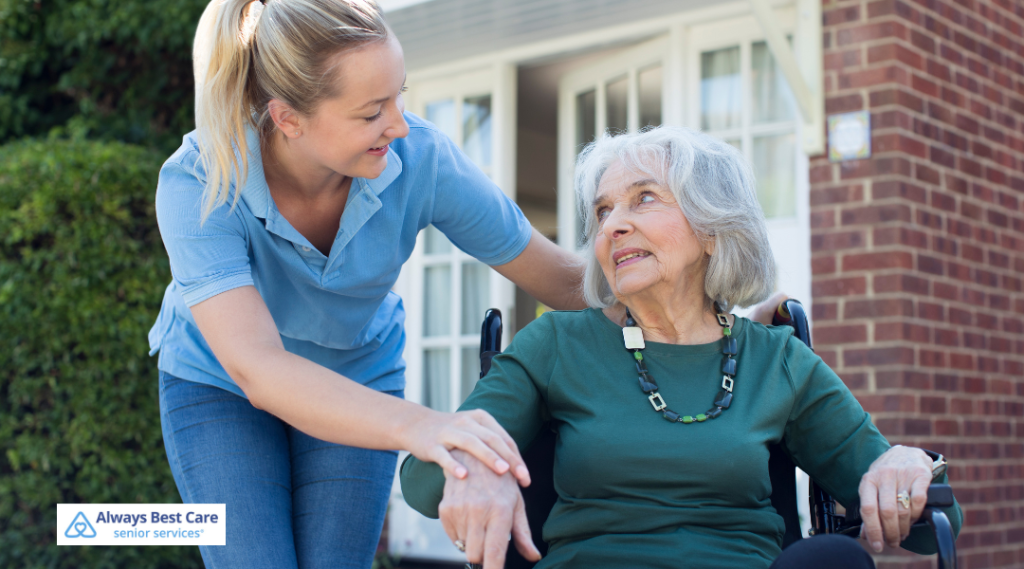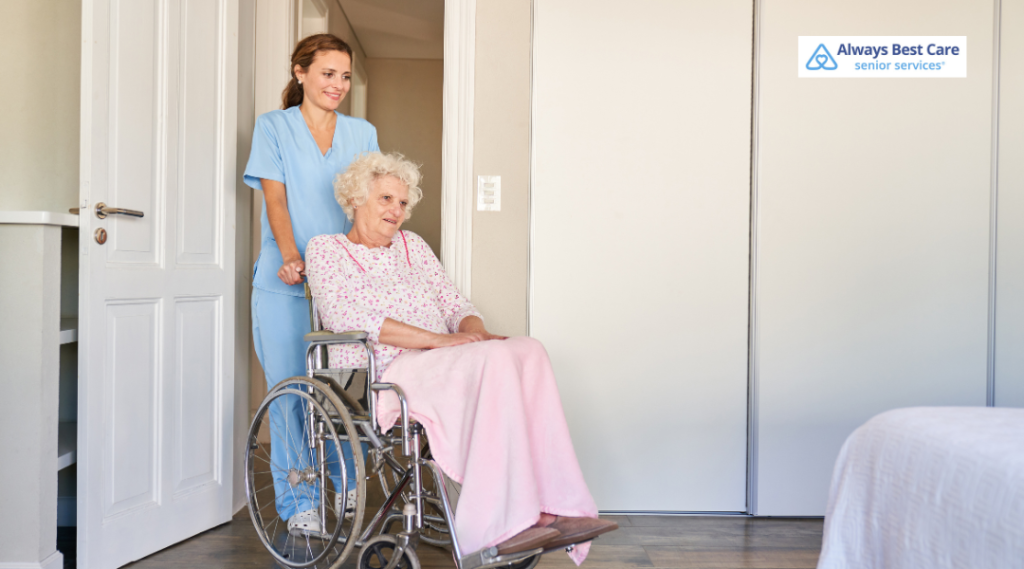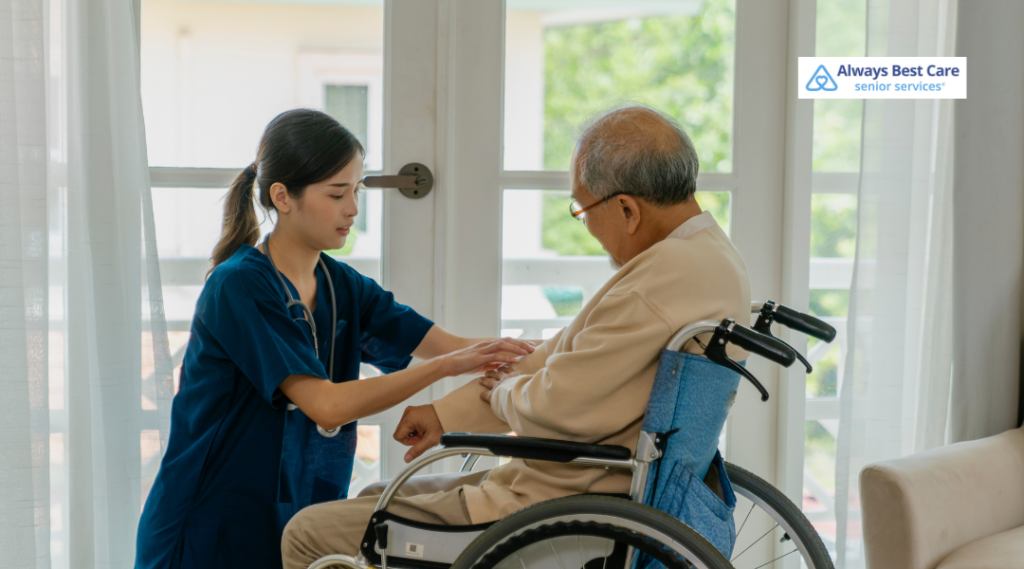Hospital to Home: A Practical Guide to Transitional Care for Aging Adults

When your loved one is heading home from the hospital, it feels like navigating uncharted waters—exciting but nerve-wracking. Hospital-to-home transitional care bridges the gap between medical supervision and independent living, ensuring seniors not only survive but thrive through the transition.
Understanding Hospital to Home/Transitional Care
What Exactly Is Transitional Care?
Think of transitional care as your trusted guide during one of life’s most vulnerable moments. It’s more than just medical care; it’s a comprehensive support system helping seniors recover at home, with everything from medication management to emotional guidance. It’s designed to complement, not replace, family support by adding professional expertise and ensuring nothing slips through the cracks.
The Critical First 30 Days
The first 30 days after hospital discharge are crucial for recovery. Did you know nearly 20% of patients experience complications within three weeks of discharge? Transitional care helps prevent these complications by ensuring medications are managed, appointments are kept, and warning signs are caught early.

Key Components of Hospital-to-Home Care
- Medication Management
Managing medications can feel like juggling flaming torches. Transitional care providers organize pills, set up reminders, and even teach families how to spot side effects, ensuring your loved one stays on track with their prescriptions. - Follow-Up Coordination
Scheduling appointments can be overwhelming during recovery. Hospital-to-home services take care of this by coordinating follow-up visits and even arranging transportation when necessary. - Home Safety Assessments
Your home may have been safe before, but recovery changes everything. Transitional care includes safety evaluations, such as installing grab bars or removing tripping hazards, to ensure your loved one’s environment is fully supportive. - Education and Support
Knowledge is power when it comes to recovery. Care providers educate patients and families on everything from recognizing warning signs to managing wound care and following activity guidelines.
The IDEAL Discharge Planning Framework
Healthcare professionals use the IDEAL framework to guide discharge planning:
- Include patients and caregivers as partners in the process.
- Discuss critical topics like medications, warning signs, and follow-up appointments.
- Educate on next steps and assess understanding.
- Listen to patient goals and concerns.
This approach ensures a smooth transition and reduces the likelihood of readmissions.

Types of Transitional Care Services
- Hospital-to-Home Care: Includes skilled nursing, physical therapy, medication management, and health monitoring.
- Short-Term Intensive Support: Offers daily visits and 24-hour monitoring during the initial recovery phase.
- Specialized Transitional Programs: Tailored care for specific conditions like heart failure or post-surgical recovery.
Benefits of Professional Transitional Care
- Reduced Hospital Readmissions: Effective care can cut hospital readmissions by up to 30%.
- Improved Recovery: Continuous monitoring and personalized plans lead to quicker, more complete recovery.
- Enhanced Family Confidence: Families feel less stressed knowing they have expert help in place.
- Cost-Effective: While it may seem like an investment, transitional care can save money by preventing costly readmissions.

Planning for a Successful Transition
- Before Discharge: Discharge planning starts before your loved one leaves the hospital, involving needs assessments and setting up necessary services.
- Creating Your Support Network: Identify the team that will support you, including doctors, therapists, caregivers, and family members.
- Preparing the Home Environment: Make necessary adjustments, such as installing safety equipment or setting up a comfortable recovery area on the main floor.
What to Expect During the First Week Home
- Daily Check-Ins: Expect regular visits or phone calls to monitor progress and adjust care as needed.
- Gradual Independence: The goal is to regain independence with a steady reduction in support as confidence grows.
- Family Education: Family members will be trained in tasks like wound care and recognizing complications.
Common Challenges and Solutions
- Managing Multiple Medications: Transitional care helps with medication reconciliation and sets up easy-to-follow pill systems.
- Transportation Issues: Coordinated transportation services ensure your loved one can attend follow-up visits without stress.
- Recognizing Warning Signs: Providers give clear guidelines on when to call healthcare professionals for help.
When to Consider Transitional Care

Consider hospital-to-home services if your loved one:
- Has multiple chronic conditions
- Takes several medications
- Has limited family support
- Feels anxious about managing recovery at home
- Needs assistance with daily activities during recovery
FAQ
Q: How long does transitional care typically last?
A: Most programs last 30-60 days, depending on recovery progress, with some intensive cases lasting 2-4 weeks.
Q: Is transitional care covered by Medicare or insurance?
A: Many transitional care services are covered by Medicare and private insurance, especially skilled nursing and physical therapy. Always check your benefits for specifics.
Q: Can I still receive transitional care if I have family helping me?
A: Yes! Transitional care complements family support by providing medical expertise while family members offer emotional and practical help.
Q: How do I arrange transitional care services?
A: Discuss your needs with hospital discharge planners or contact agencies like Always Best Care directly to set up the services you need.

Make the Transition Easier: Explore Essential Tips for Hospital to Home Care!
Remember, asking for help isn’t a sign of weakness; it’s a smart strategy for optimal recovery. With proper transitional care support, you can focus on healing while professionals handle the complex coordination of your care needs. Schedule your free consultation today by calling (860) 261-4405 or visiting alwaysbestcare.com/bristol.





